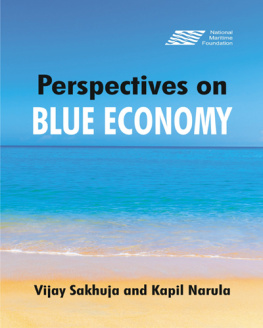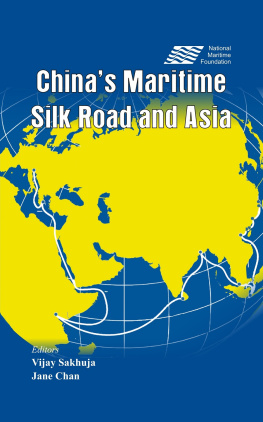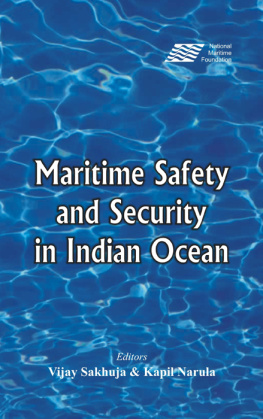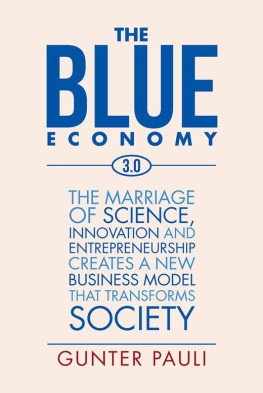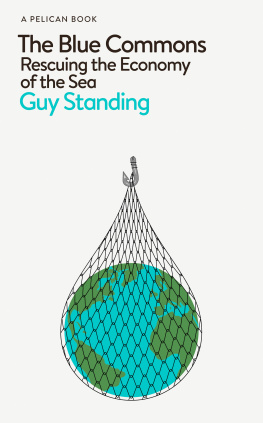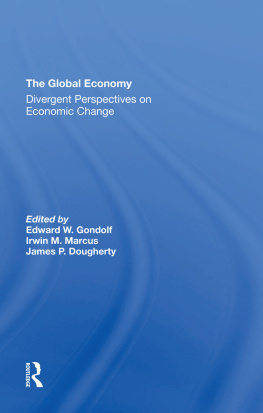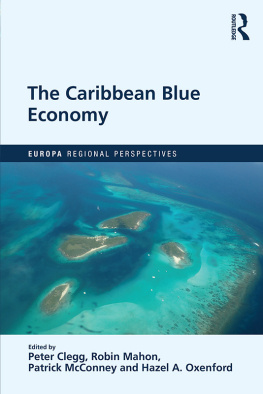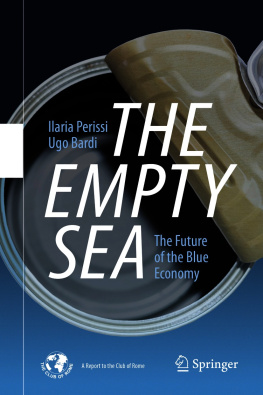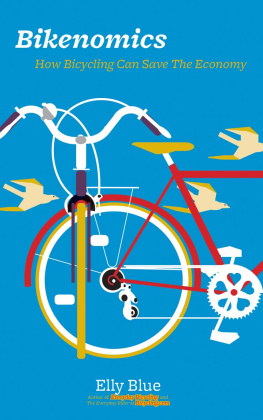Published by
Vij Books India Pvt Ltd
(Publishers, Distributors & Importers)
2/19, Ansari Road
Delhi 110 002
Phones: 91-11-43596460, 91-11-47340674
Fax: 91-11-47340674
e-mail: vijbooks@rediffmail.com
web: http://www.vijbooks.com
Copyright 2017, National Maritime Foundation
First Published : 2017
ISBN: 978-93-85563-98-0 (Hardback)
ISBN: 978-93-85563-99-7 (ebook)
Price in India : 695/-
All rights reserved.
No part of this book may be reproduced, stored in a retrieval system, transmitted or utilized in any form or by any means, electronic, mechanical, photocopying, recording or otherwise, without the prior permission of the copyright owner. Application for such permission should be addressed to the publisher.
The views expressed in this book are those of the contributors in their personal capacity. These do not have any institutional endorsement.
Printed and bound in India
Foreword
Oceans cover more than 70 per cent of the surface of the earth and provide valuable biological and mineral resources. Nearly 90 per cent of the worlds trade transits over the seas and this activity provides livelihood to a large number of people. Over time it has also been realised that healthy oceans are essential for a healthy planet and oceans need to be utilized sustainably.
The concept of Blue Economy is therefore gaining momentum and is being actively discussed at various forums. The Blue Economy can also be interpreted as ocean economy with its constituent sectors such as fishing, oil and gas, shipping and its associated activities including ship building, repair and port infrastructure, marine tourism and recreation. The concept has now become a driver for economic growth leading to sustainable development. India is essentially a maritime nation with a natural outflow towards the sea. With its Exclusive Economic Zone (EEZ) of more than 2.0 million square kilometers and a coastline of over 7500 kilometers, India has immense maritime interests and is aptly suited to harness the potential of the Blue Economy.
The National Maritime Foundation as Indias leading maritime think tank, has been in the forefront of developing a policy prescriptive discourse on the Blue Economy. To arrive at a common understanding of the concept, the National Maritime Foundation is hosting its flagship event, the Annual Maritime Power Conference - 2017 on the theme: The Blue Economy: Concept, Constituents and Development.
This volume is a compilation of a number of essays penned by the faculty of the Foundation and presents the authors perspectives on various aspects of the Blue Economy. The primary purpose is to provide a broad view on the Blue Economy among the academic community and the public at large with an aim to simulate further discussions. I am sure that this book will add to the existing literature and would go a long way in focusing attention on the oceans which have a vast potential to harness the Blue Economy.
Admiral RK Dhowan, PVSM, AVSM, YSM (Retd.)
Chairman, National Maritime Foundation
Contents
Introduction
Oceans are an important source of a variety of living and non-living resources such as fish, off-shore oil, natural gas and minerals. They also contribute significantly to a countrys GDP by facilitating trade and associated activities such as shipping, shipbuilding, ship repair and port operations along with generating employment opportunities throughout the maritime supply chain.
At another level, oceans are a major contributor of non-economic goods and ecosystem services and are central to life on earth. They provide oxygen, act as a heat sink and absorber of carbon dioxide and are an integral part of the weather system. Although oceans have been treated as an inexhaustible source of resources and an infinite sink, there is a growing realisation of the importance of healthy oceans for life on earth.
The rising importance of ocean based resources has resulted in the emergence of the term Blue Economy. There is no universally accepted definition of the term, but it can be understood as the integration of ocean economy development with the principles of social inclusion, environmental sustainability and innovative dynamic business models. Interestingly, the Blue Economy addresses both, resource scarcity and waste disposal systemically enhance human development in a holistic manner. The ecosystem approach helps to ensure that the physical environment, resources, and biodiversity are treated as intrinsically interconnected, underpin the concept and practice of Blue Economy.
The Blue Economy also presents several opportunities for growth in sectors such as biotechnology, desalination, port led development, sustainable fishing, mariculture and aquaculture, harnessing oceanic biodiversity and genetic resources, coastal and island tourism, ocean based renewable energy and seabed mining.
Given the manifold strength of the Blue Economy, its development is finding resonance amongst international and regional organisations such as the United Nations, African Union (AU), European Union (EU), Indian Ocean Rim Association (IORA), Asia Pacific Economic Cooperation (APEC), South Asian Association for Regional Cooperation (SAARC), which have adopted ocean based growth as an important agenda for cooperation, growth and prosperity. The Blue Economy is equally relevant to both, coastal and island states as also for land locked states. Small Island Developing States (SIDS) such as Mauritius, Seychelles, Maldives and bigger countries such as Bangladesh and India have supported the Blue Economy in different forums and are proactively engaged in promoting its development.
This volume is a collection of articles which presents the multidimensional aspects of the Blue Economy. The first section, deals with definitions and the interpretation of the Blue Economy and highlight the key principles. The relevance of Sustainable Development Goal (SDG) 2030 and SDG 14 which is related to the oceans is also discussed. Marine spatial planning which encourages multiple uses of the ocean is a key aspect for the implementation of the Blue Economy.
Sustainable use of marine resources and development of marine infrastructure for implementing the Blue Economy is discussed in the next two sections. Major issues of debate in this section are sustainable exploitation of fisheries, and combatting Illegal, Unreported and Unregulated (IUU) fishing. Further, renewable energy from oceans forms an important component of clean energy and Indias endeavours to harness this potential is presented. Marine infrastructure and transport form an important component of blue growth and green ports, port infrastructure development and marine tourism industry offers many opportunities to harness the Blue Economy.
The next section focuses on environmental protection at sea and highlights the threats to the marine environment from shipping and plastics. It also analyses the implications of the forthcoming implementation of the ballast water management convention and the recent decisions of the International Maritime Organisation (IMO) towards strengthening environmental compliance at sea.
The role of international cooperative approaches for harnessing the Blue Economy is discussed in the penultimate section. International developments for adopting the concept of Blue Economy, establishing a regional maritime

